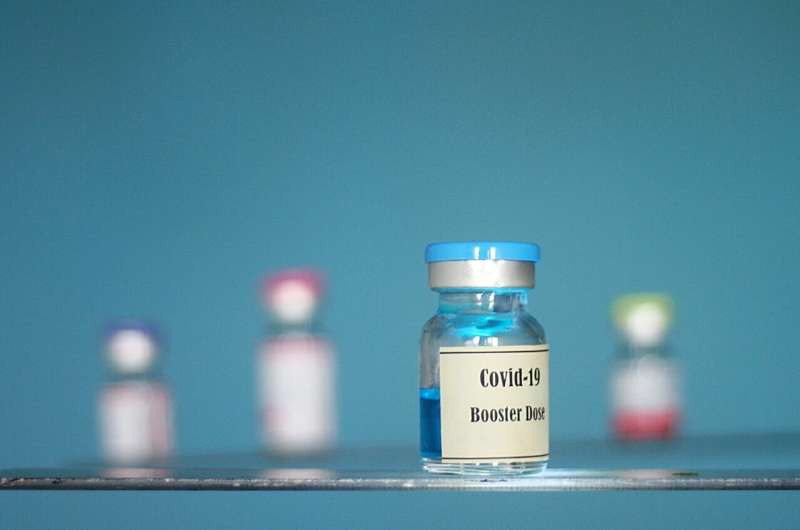Innovative Brain Stimulation and Cognitive Training Help Reduce Impulsive Eating Behaviors

Scientists at the University of Granada have developed innovative brain stimulation and cognitive training techniques to help reduce impulsive eating and promote healthier dietary choices, especially for overweight individuals.
Recent research conducted at the University of Granada's Mind, Brain, and Behavior Research Center (CIMCYC) has uncovered promising developments in addressing impulsive eating, especially in individuals prone to overeating or binge eating. The study highlights that when exposed to highly appealing but unhealthy food stimuli, many overweight individuals experience heightened activity in their impulsive brain systems while their reflective, conscious decision-making processes become less active.
To combat this, scientists have combined transcranial magnetic stimulation (TMS) with inhibitory control training—an innovative approach aimed at enhancing the brain's ability to make healthier choices regarding food. TMS is a non-invasive technique that uses magnetic pulses to modulate activity in specific brain regions, thereby preparing the brain for better self-control related to eating behaviors.
This combined method has been tested through two projects, utilizing a specialized mobile app called FoodTrainer, designed to train inhibitory control via interactive exercises. By modifying automatic behavioral patterns, this approach can foster healthier eating habits and support long-term weight management.
Research findings indicate that in problematic eating scenarios, individuals tend to prioritize immediate food rewards over long-term health goals, mainly due to the hyperactivation of the brain's reward system. Brain imaging and cognitive assessments reveal that responses to food stimuli can become almost automatic, bypassing conscious reflection, which challenges efforts to maintain healthy diets.
Dr. Alfonso Caracuel explains that, despite widespread knowledge about healthy nutrition and exercise, many struggle to sustain these habits due to environmental and individual factors. The modern landscape offers easy access to unhealthy, inexpensive food options, complicating efforts to adhere to health goals. Not everyone faces the same challenges, as individual cognitive and behavioral differences influence the difficulty level.
To address these challenges, recent studies have identified four effective strategies: reducing impulsivity, improving attention control, strengthening inhibitory control, and managing eating and exercise behaviors more efficiently. Applying these interventions has yielded positive results, such as improved body measurements and eating patterns in overweight participants. Further research aims to understand whether these techniques influence brain networks and decrease cognitive biases related to food.
A key focus of this research is TMS, which involves magnetic pulses that non-invasively stimulate targeted brain areas, enhancing inhibitory control—the capacity to suppress impulses like the desire to eat unhealthy foods. This approach aims to help individuals make decisions more aligned with their health objectives.
The ongoing studies target overweight individuals and those with binge-eating episodes, combining neuroimaging techniques like MRI with behavioral and biochemical assessments. Participants attend two-week sessions at CIMCYC, featuring daily 10-15 minute interventions. These efforts are part of broader initiatives to develop personalized, effective solutions for promoting healthier lifestyles.
Through international collaboration and years of research, the team aims to advance neuroscientific interventions that support sustainable behavioral change, ultimately aiding in obesity prevention and management.
Stay Updated with Mia's Feed
Get the latest health & wellness insights delivered straight to your inbox.
Related Articles
COVID-19 Booster Shots Temporarily Suspended Across Georgia Amid Federal Vaccine Policy Uncertainty
COVID-19 booster shots in Georgia are temporarily paused amid federal regulatory uncertainties and ongoing restructuring of vaccine advisory committees, delaying distribution nationwide.
Global Disparities in Survival Rates After Abdominal Trauma Surgery: Least Developed Countries Face Higher Death Risks
A groundbreaking study reveals that patients in the least developed countries face over three times higher risk of death after emergency abdominal trauma surgery compared to those in developed nations, highlighting urgent global health disparities.
Effectiveness of Remote CBT for Chronic Pain Shows Modest Benefits
A recent study reveals that remote cognitive behavioral therapy (CBT) programs provide modest but significant improvements in managing high-impact chronic pain, offering scalable solutions for pain treatment.



